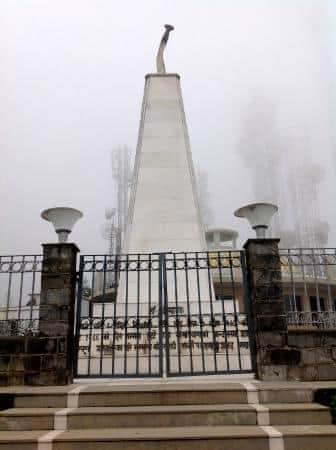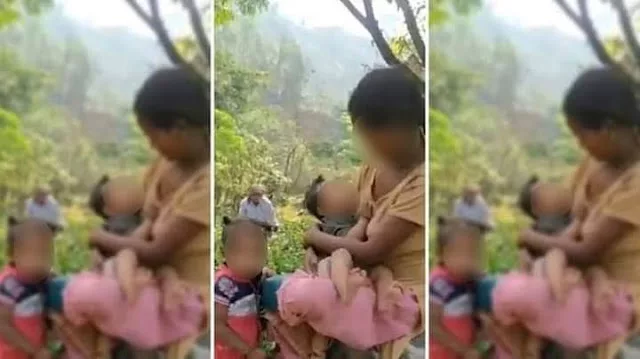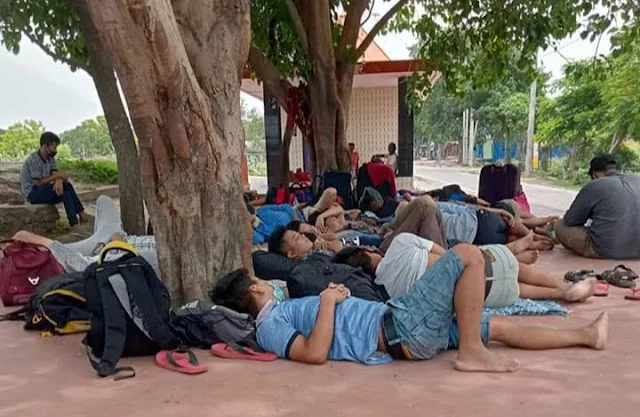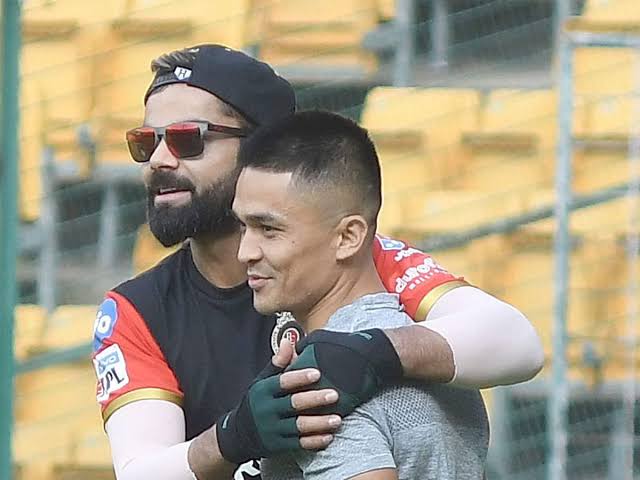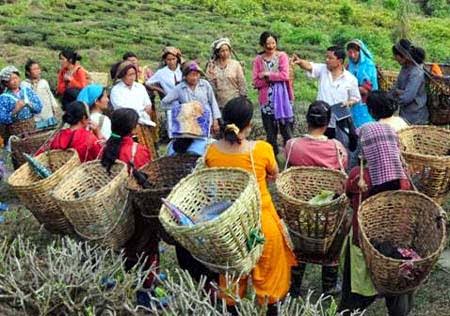Darjeeling, Aug. 4: Narendra Modi’s offer that India was ready to review its 1950 treaty with Nepal has prompted renewed calls by political parties in the hills to seek a re-look at Article VII of the pact to help solve the “identity” problem of Indian Gorkhas.
 |
| India, Nepal to review 1950 friendship |
The purported lack of a distinct identity for the Gorkhas is one of the major points on which the hill parties have premised their demand for Gorkhaland.
Parties such as the Gorkha Janmukti Morcha and the GNLF argue that Article VII of the Indo-Nepal Treaty of Peace and Friendship, 1950, portrays the Indian Gorkhas as “immigrants”.
The Prime Minister made the remark on the treaty at a banquet hosted by his Nepali counterpart, Sushil Koirala, in Kathmandu yesterday. The PMO quoted Modi as saying: “My doors are open, I invite you to bring any suggestions to review the 1950 treaty, if you so want.”
Article VII of the treaty says: “The Governments of India and Nepal agree to grant, on reciprocal basis, to the nationals of one country in the territories of the other the same privileges in the matter of residence, ownership of property, participation in trade and commerce, movement and other privileges of a similar nature.”
The hill parties believe the privileges granted by Article VII lead to the Gorkhas in India being termed as “immigrants” from Nepal. The parties say such an identity problem can be solved only through the formation of Gorkhaland.
Roshan Giri, the general secretary of the Morcha, said the party welcomed Modi’s decision to review the treaty. “We are now hopeful that after the revision of the treaty, there will be a clear distinction between the Gorkhas of India and the Nepalese citizens,” he told The Telegraph over the phone from Haridwar.
The GNLF and the CPRM were more forthcoming and demanded that Article VII be scrapped. M.G. Subba, the convenor of the GNLF’s Darjeeling branch committee, said: “Our stand is clear. Article VII has to be abolished.”
Citizens of India and Nepal do not need visas to enter each other’s territory because of Article VII.
Govind Chhetri, the spokesman for the CPRM, said: “It is important that the system of passport and visas must be introduced to travel (from India) to Nepal and vice versa. The lack of such a provision has created the present controversy. So, Article VII of the treaty should be scrapped.”
Modi’s remark came in the backdrop of a meeting of the joint commission of India and Nepal formed to look into the bilateral relationship. Although the commission had been formed in 1987, it had been dormant for years. Last week, India’s foreign minister Sushma Swaraj and her counterpart in Nepal, Mahendra Bahadur Pandey co-chaired a meeting of the joint commission.
The identity issue of the Gorkhas being propounded by the Darjeeling-based political parties might not be in Modi’s mind while he expressed his readiness to review the treaty. This is because Nepal has been protesting the treaty, which it believes is loaded heavily in favour of India.
The campaign against Article VII of the accord had even led to bloodbath in the hills. On July 27, 1986, when GNLF supporters were marching to Kalimpong to burn a copy of the treaty, 13 people died in a police firing.
Source: Telegraph

